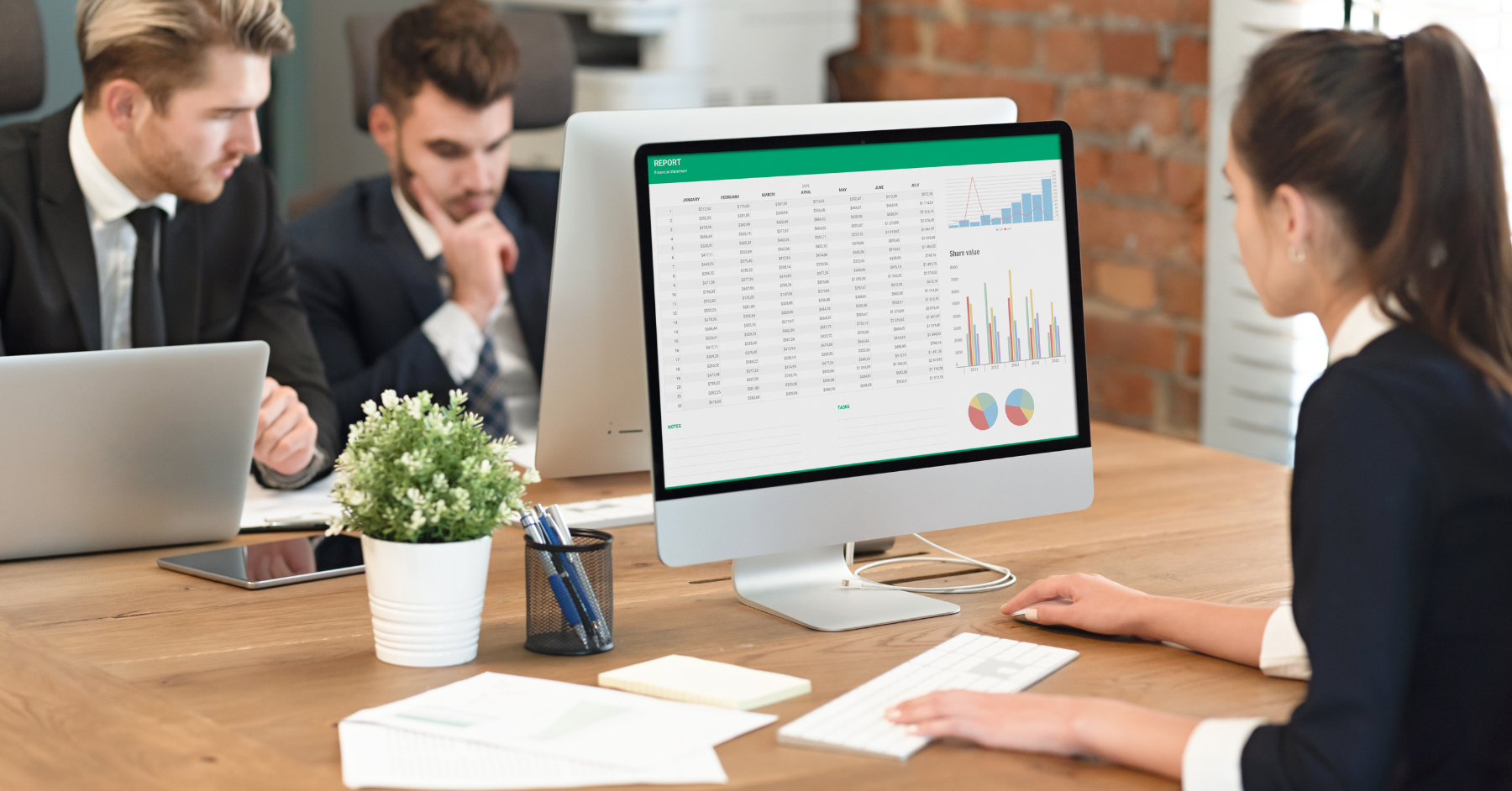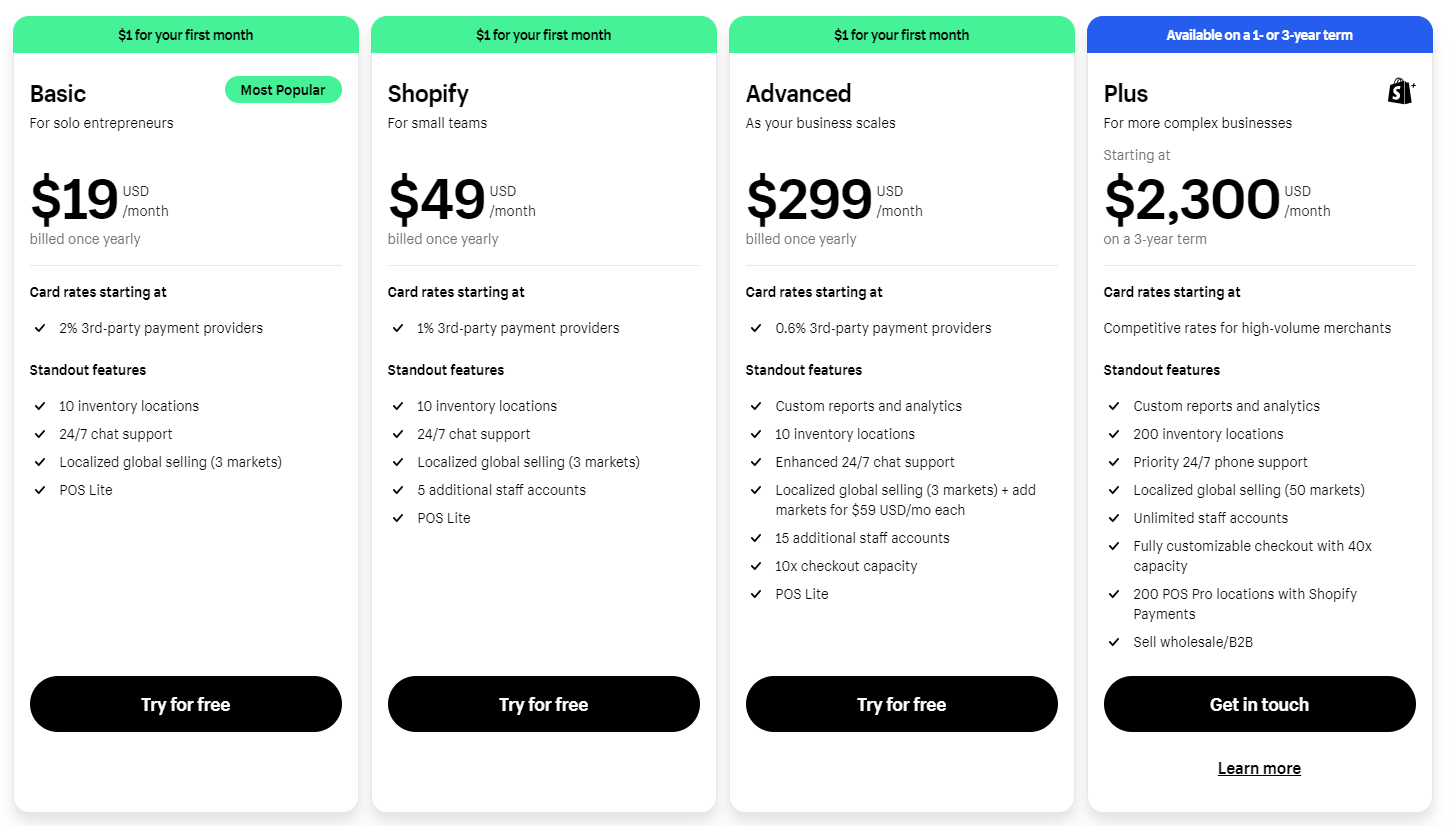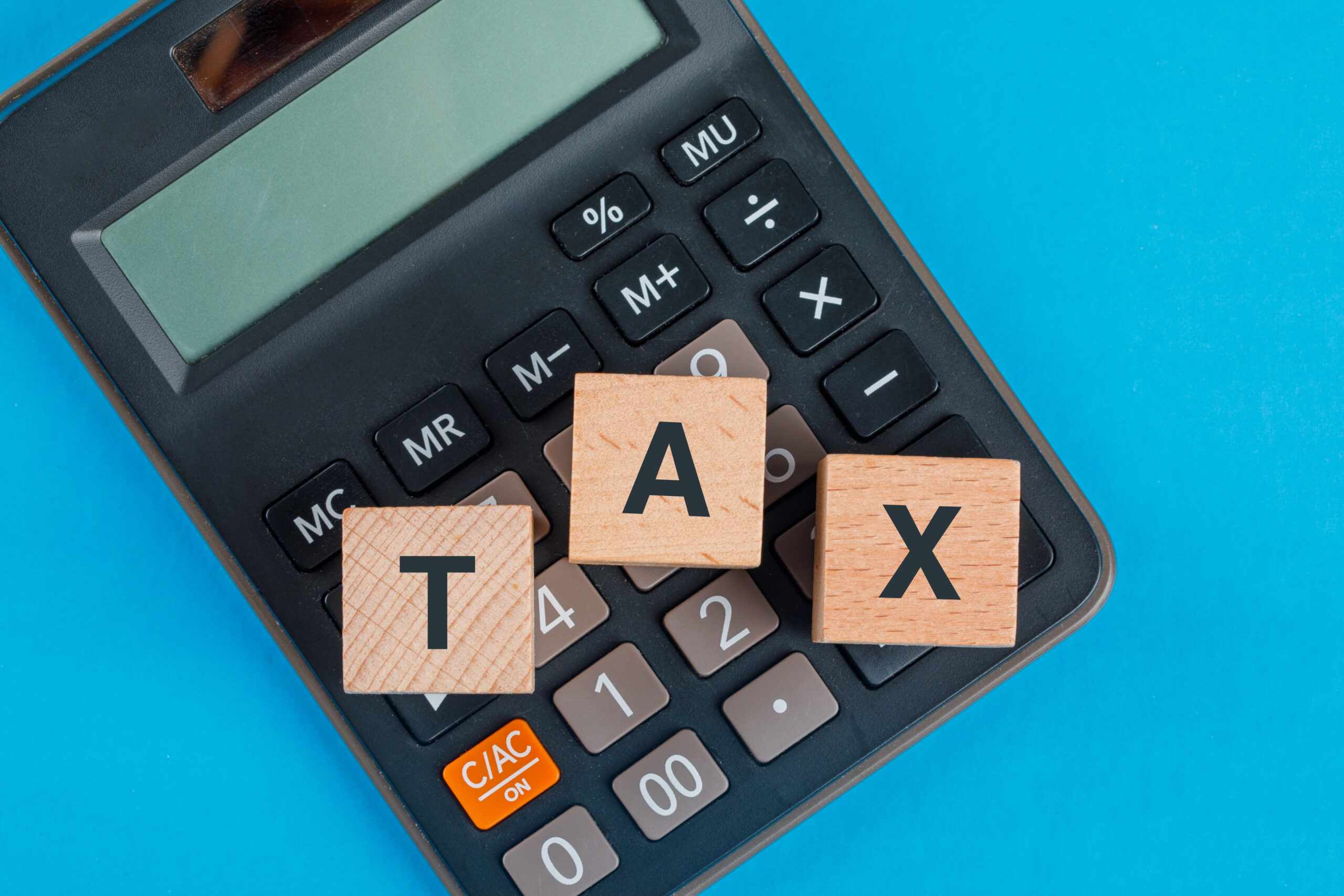
When you hear the term “accrued expenses,” it’s important to know that this refers to any type of business expense that has been incurred but has not yet been paid. For example, if your company enters into a contract to have work done next month, the cost of that work would be considered an accrued expense. While some people may view accrued expenses as a “loophole” of sorts for businesses, it’s actually a very necessary and important part of keeping accurate financial statements. By recording these types of expenses when they are actually incurred (rather than when they are paid), businesses can get a more accurate picture of their true financial situation. So what are some common examples of accrued expenses? Keep reading to find out!
What Is an Accrued Expense?
An accrued expense is an expenditure that has been incurred but not yet paid. This generally includes items such as utilities, rent, and payroll expenses. For accounting purposes, these expenses are recorded when they are incurred, regardless of when they are actually paid.
In accrual-based accounting, businesses record expenses when they are incurred, regardless of when the actual payment is made. This provides a more accurate picture of the company’s financial position and helps to ensure that all expenses are accounted for in the correct period.
There are a few different methods that businesses can use to account for accrued expenses. The most common method is to create an accrual journal entry. This involves recording the expense in the accounting period in which it was incurred and then reversing the entry in the following period when the payment is made.
Another option is to set up a separate accrual account on the balance sheet. This account would be used to track all unpaid expenses. At the end of each accounting period, the total amount owed would be transferred to the appropriate liability account (such as accounts payable).
Which method you choose will depend on your business’s specific needs and preferences. However, both methods provide accurate information about your company’s financial position and allow you to track and manage your expenses properly.
What’s the Difference Between Accrual Accounting and Cash Basis Accounting?

The two main types of accounting are accrual accounting and cash basis accounting. Both have their own strengths and weaknesses, so it’s important to understand the difference between them.
Accrual accounting is the most common type of accounting. It records transactions when they occur, regardless of when the money changes hands. This makes it easy to see your financial picture at any given time. However, it can be difficult to track all of your expenses this way.
Cash basis accounting only records transactions when the money changes hands. This can make it difficult to see your financial picture at any given time. However, it’s easier to track your expenses this way.
So, which one should you use? It depends on your needs. If you need to track your expenses closely, cash basis accounting may be the better choice. If you want to see your financial picture at any given time, accrual accounting may be the better choice.
What Are Some Examples of Accrued Expenses?
There are many examples of accrued expenses, but some of the most common include:
- Wages and salaries: Wages and salaries accrue as employees work, even if they have not yet been paid. This is because the employer has incurred an obligation to pay these wages, even though they have not yet been paid out.
- Interest expense: Interest expense accrues on loans and other debts even if no interest has yet been paid. This is because there is an obligation to pay this interest, even though it has not yet been paid out.
- Taxes: Taxes accrue when they become due, even if they have not yet been paid. This is because there is an obligation to pay these taxes, even though they have not yet been paid out.
- Rent: Rent accrues as tenants occupy a rental property, even if rent has not yet been paid. This is because there is an obligation to pay this rent, even though it has not yet been paid out.
- Supplies: Supplies accrue as they are used, even if they have not yet been paid for. This is because there is an obligation to pay for these supplies, even though they have not yet been paid out.
- Maintenance and repairs: Maintenance and repairs accrue as they are performed, even if they have not yet been paid for. This is because there is an obligation to pay for these maintenance and repair costs, even though they have not yet been paid out.
- Utilities: Utilities accrue as they are used, even if they have not yet been paid for. This is because there is an obligation to pay for these utilities, even though they have not yet been paid out.
- Depreciation: Depreciation expense accrues over time, even if it has not yet been paid. This is because there is an obligation to pay for this depreciation expense, even though it has not yet been paid out.
- Insurance: Insurance premiums accrue as the policy period progresses, even if they have not yet been paid. This is because there is an obligation to pay for these insurance premiums, even though they have not yet been paid out.
- Bonuses: Bonuses accrue as they are earned, even if they have not yet been paid. This is because there is an obligation to pay these bonuses, even though they have not yet been paid out.
How to record accrued expenses
To record accrued expenses in accounting, there are a few methods that can be used. The first and most common method is the accrual basis of accounting, which records expenses when they are incurred, regardless of when they are paid. This means that if you incur an expense on December 31st but don’t pay it until January 15th, the expense would still be recorded in December.
The second method is the cash basis of accounting, which only records expenses when they are paid. So in the same example as above, the expense would not be recorded until January, when it is actually paid.
Which method you use will depend on your personal preference or what your accountant advises. If you have any further questions about recording accrued expenses, please consult with a professional accountant.
What are the Pros and Cons of Accrued Expenses?

There are both pros and cons to accrued expenses.
On the pro side, they provide a more accurate picture of a company’s financial situation by including all expenses that have been incurred, regardless of when they were actually paid. This can give shareholders and other interested parties a better idea of the company’s true financial health.
On the con side, accrued expenses can be difficult to manage and keep track of, especially for larger companies with many different types of expenses. They can also create problems when it comes time to file taxes, as the IRS may not accept certain types of expenses as deductions.
How Are Accrued Expenses Accounted for?
Accrued expenses are those expenses that have been incurred but not yet paid for. For example, if you incur $100 of expenses in January but don’t pay for them until February, you have accrued $100 of expenses.
There are two ways to account for accrued expenses. The first way is to simply wait until the bill is paid and then record the expense in the accounting period in which it was actually paid. So, in our example above, you would wait until February to record the $100 expense.
The second way to account for accrued expenses is to record the expense in the period in which it was incurred, even though it has not yet been paid. So, in our example above, you would record the $100 expense in January, even though you don’t actually pay the bill until February.
Which method you use depends on your company’s accounting policies. Some companies prefer to wait and record expenses in the period when they are actually paid because it provides a more accurate picture of their cash flow. Other companies prefer to record expenses in the period when they are incurred because it provides a more accurate picture of their profitability.
When Should I Hire Someone to Record and Account for Accrued Expenses?

If you’re not sure whether or not you should hire someone to help you with your accrued expenses, consider the following factors:
- The complexity of your business: If your business is simple and doesn’t have many transactions, you can probably manage your own accrued expenses. However, if your business is more complex, with multiple transactions occurring on a daily basis, it may be worth hiring someone to help you keep track of everything.
- Your own accounting knowledge: If you’re comfortable with basic accounting concepts and are confident in your ability to record and account for expenses, you can probably handle this yourself. However, if you’re not confident in your abilities or don’t have much accounting experience, it may be worth hiring someone to do this for you.
- The time commitment required: Recording and accounting for accrued expenses can be time-consuming, especially if you have a lot of transactions. If you don’t have the time to dedicate to this task, it may be worth hiring someone to do it for you so that you can focus on other aspects of running your business.
- The cost: Hiring someone to help you with your accrued expenses will likely cost money, so you’ll need to decide if the cost is worth it. Consider the other factors listed above to help you make this decision.
Conclusion
Accrued expenses are those that have been incurred but not yet paid. In other words, they are expenses that have been “accrued” over time. Accrued expenses are important to track because they can impact your business’s cash flow. To keep on top of your accrued expenses, make sure to include them in your budgeting and forecasting process. This will help you stay organized and ensure that you don’t miss any payments.









